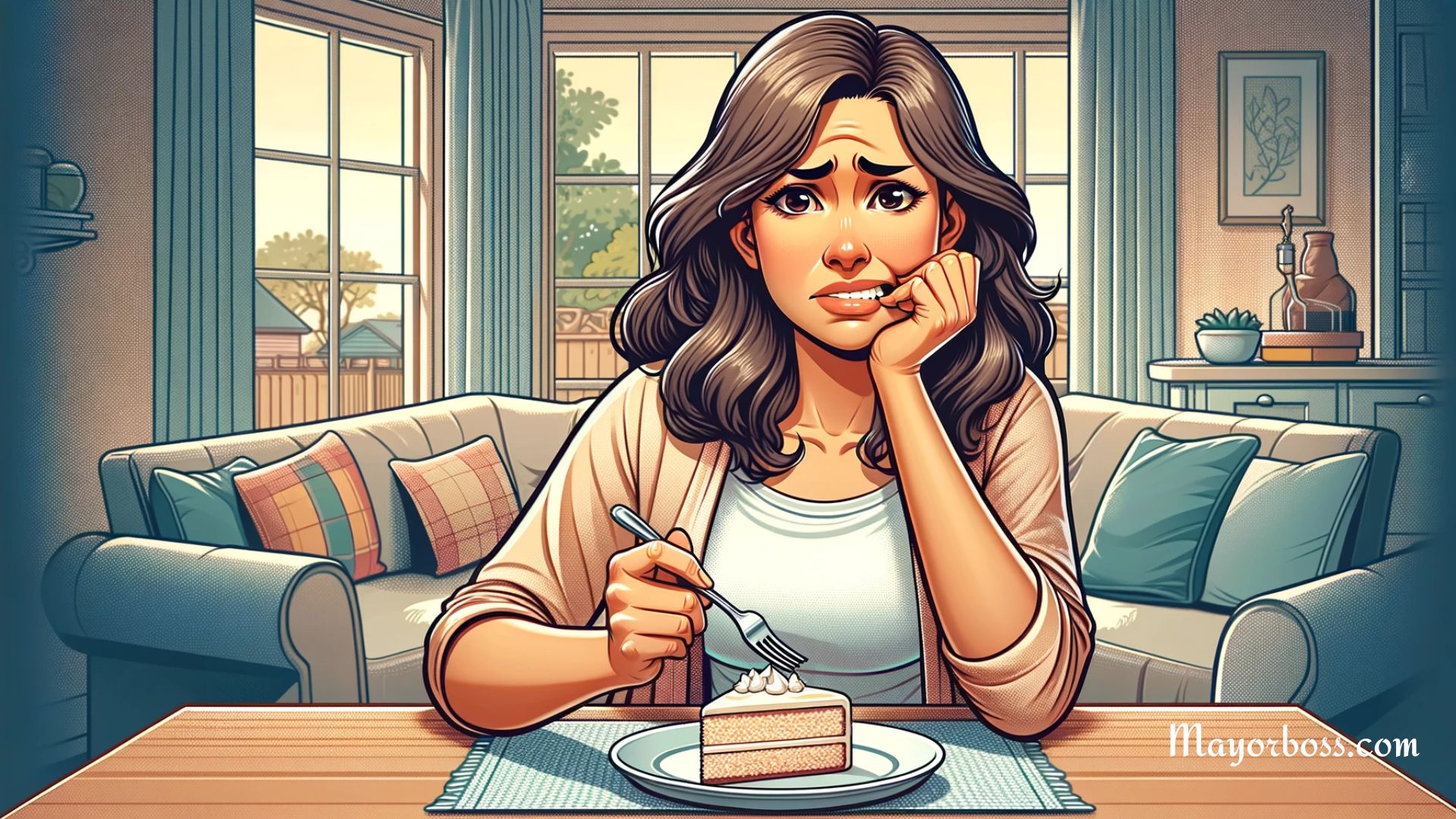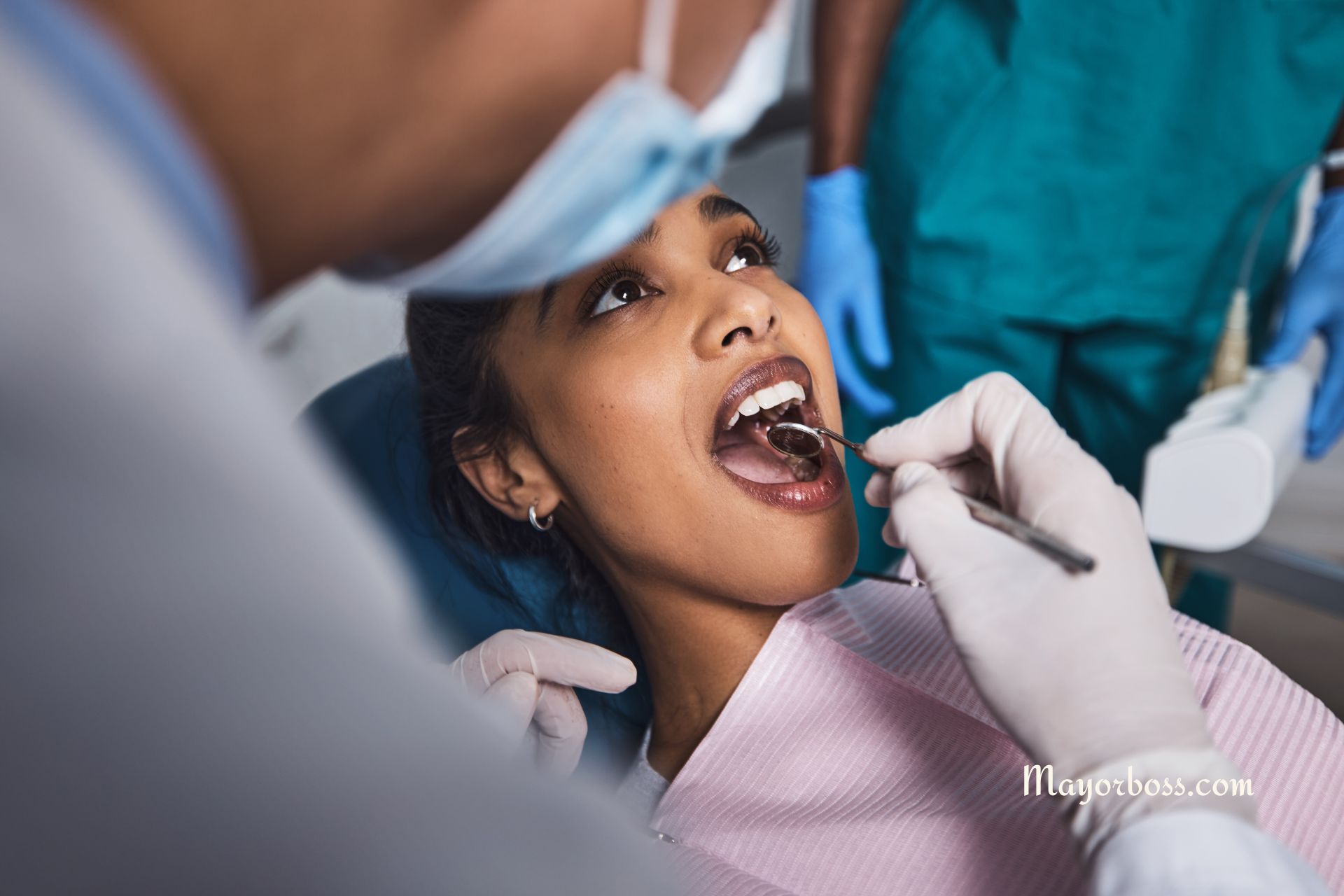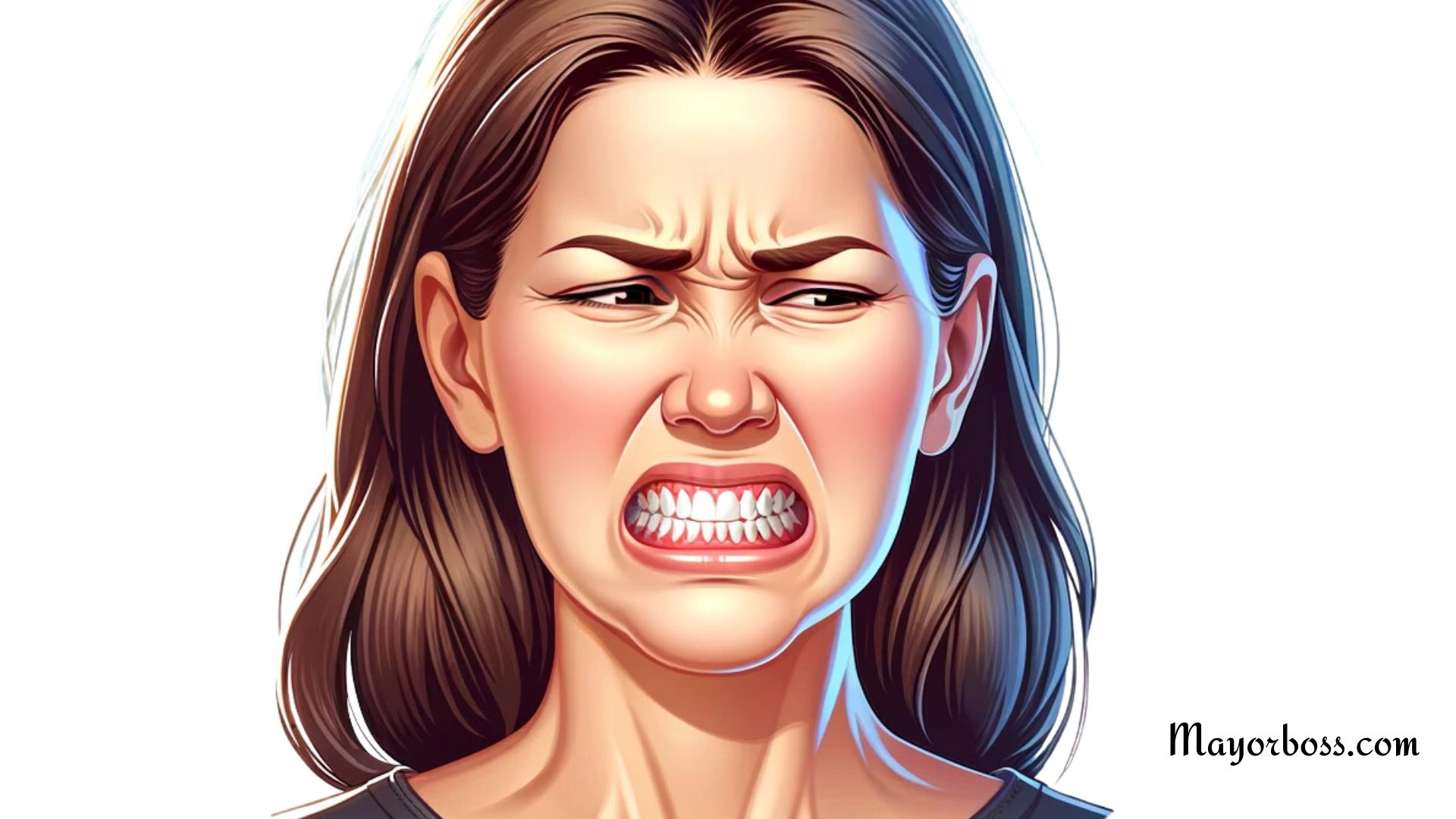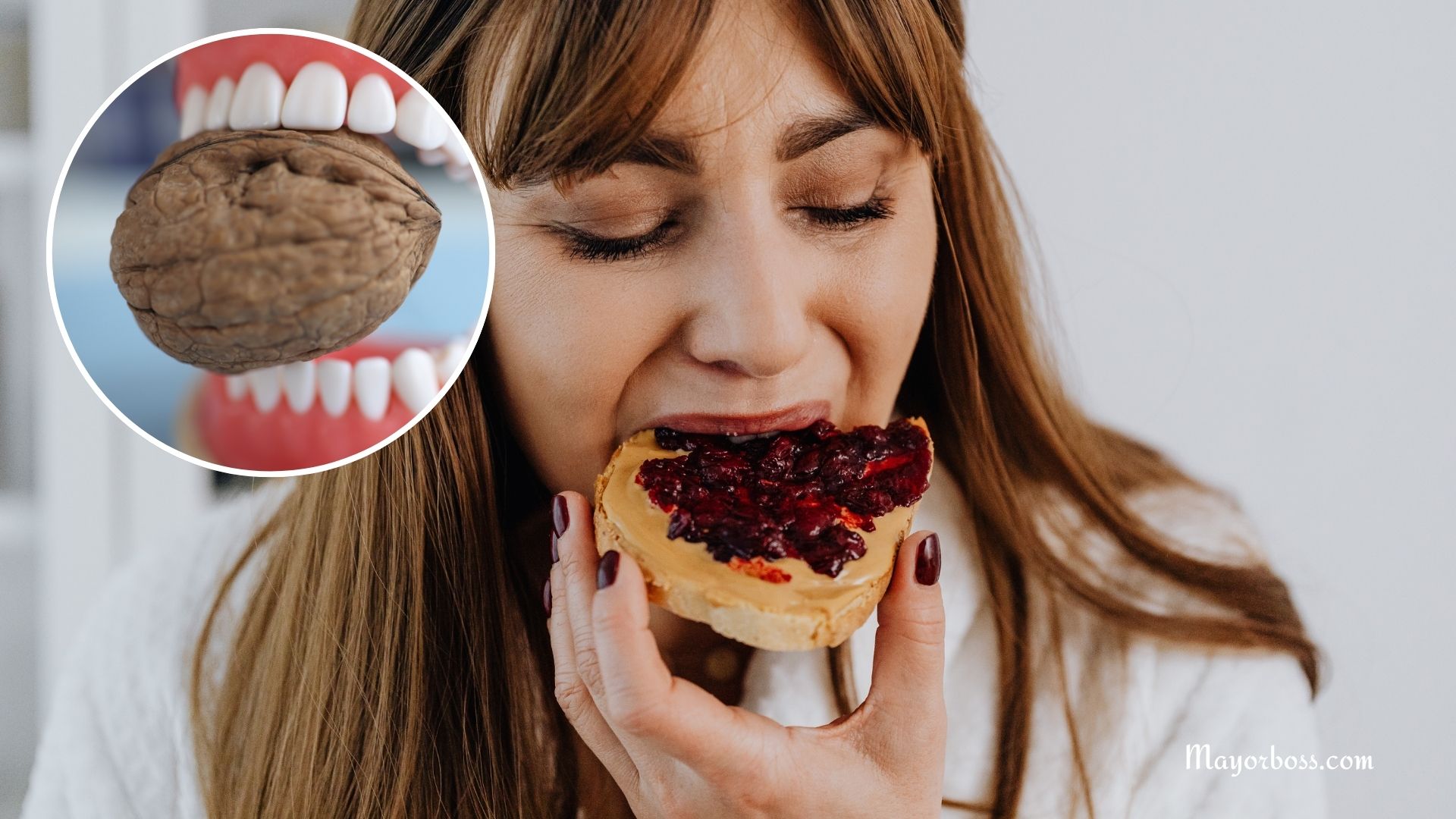Here’s Why Your Teeth Are Turning Yellow
Have you noticed your teeth becoming less white and more yellow? You’re not alone. This is a common issue for many people. Keep reading to know why this happens and what factors contribute to this change.
Common Causes of Yellowing Teeth
1. Food and Drink
Certain foods and beverages are major contributors to yellowing teeth. Red wine, coffee, tea, soy sauce, and dark and light sodas are notorious for staining teeth. Additionally, highly pigmented foods like berries and tomato-based sauces can leave stains. These substances contain chromogens, which attach to the enamel of your teeth and cause discoloration.
2. Tobacco Use
Smoking or chewing tobacco can significantly stain your teeth. Tobacco products contain tar and nicotine, which lead to stubborn stains that penetrate the surface of your teeth, making them yellow or even brown over time.
3. Poor Dental Hygiene
If you’re not regularly brushing, flossing, and rinsing your mouth, plaque and tartar can build up on your teeth. This buildup not only affects your dental health but also contributes to yellowing. Regular dental hygiene helps to remove these substances and preserve the natural color of your teeth.
4. Age-Related Changes
As you get older, the outer layer of enamel on your teeth specifically gets worn away, exposing the naturally yellow dentin underneath. This process is natural and happens to everyone over time. The thinner your enamel, the more prominent the yellow hue.
5. Medications and Medical Treatments
Certain medications, like antihistamines, high blood pressure medications, and some antibiotics, can generally cause tooth discoloration as a side effect. Additionally, treatments like chemotherapy and radiation can also affect the color of your teeth.
6. Genetics
Just as you inherit the color of your eyes or hair from your parents, the same goes for your teeth. Some people naturally have more yellowish enamel than others.
Preventing and Treating Yellow Teeth
1. Good Oral Hygiene
Maintaining good oral hygiene is crucial. Brush your teeth twice a day, floss daily, and use mouthwash to help remove food particles and plaque. Regular check-ups and cleanings at the dentist are also important.
2. Lifestyle Changes
Reducing the consumption of teeth-staining foods and drinks can help. If you smoke or use tobacco products, quitting will benefit your oral health.
3. Teeth Whitening
There are various teeth whitening options available, from over-the-counter products like whitening toothpaste and strips to professional treatments at the dentist’s office. These methods can help remove surface stains and brighten your teeth.
4. Veneers or Bonding
For more severe cases or for those looking for a quick cosmetic fix, dental procedures like veneers or bonding can be effective. These treatments cover the surface of your teeth, giving them a whiter appearance.
5. Be Mindful of Medications
If you suspect your medications are causing yellowing, talk to your doctor. They may be able to adjust your prescription or suggest alternatives.
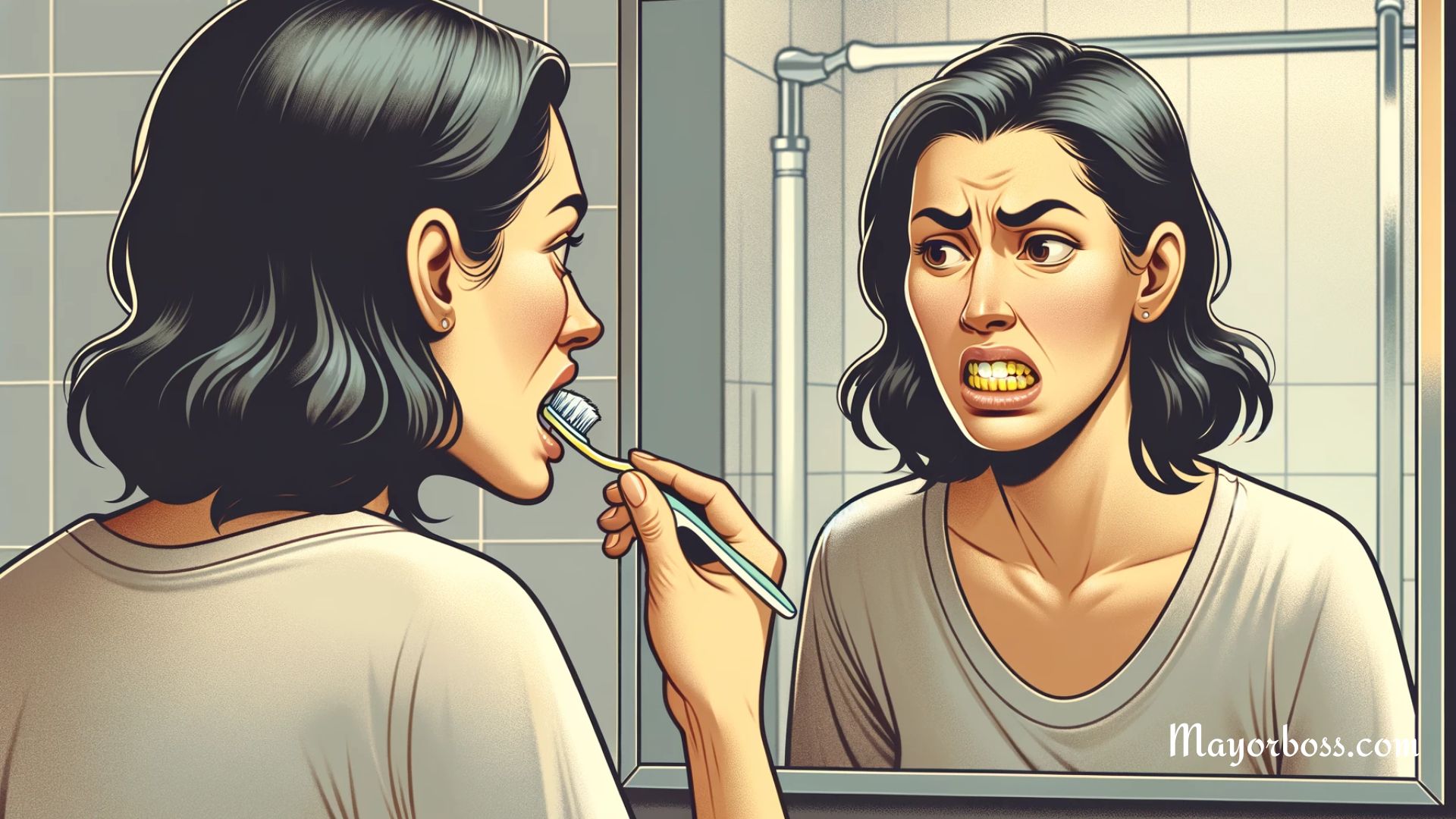
Remember, the key to keeping your teeth white and healthy is a combination of good oral hygiene, smart lifestyle choices, and regular dental visits. If you’re concerned about the color of your teeth, it’s always a good idea to discuss this with your dentist.

